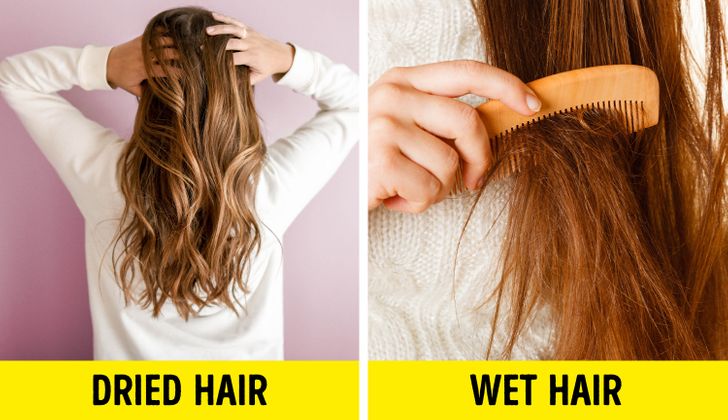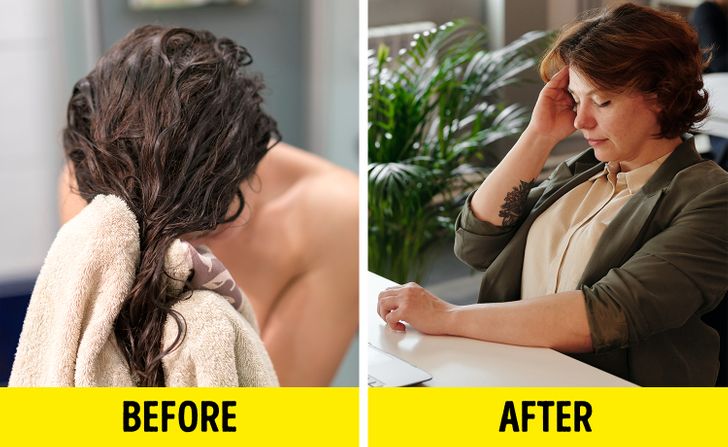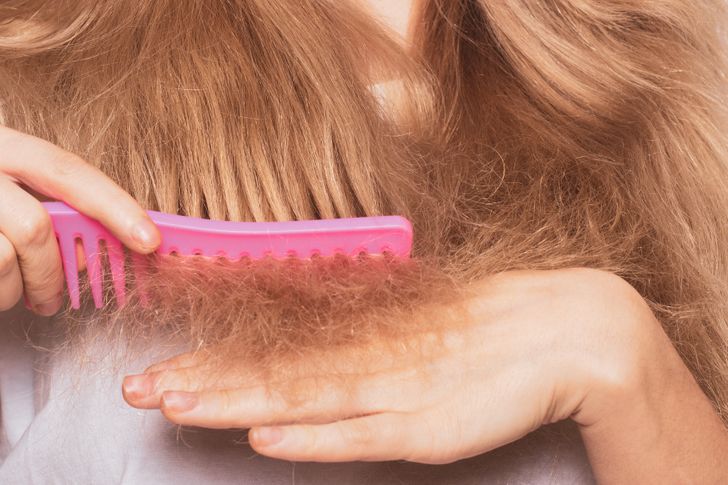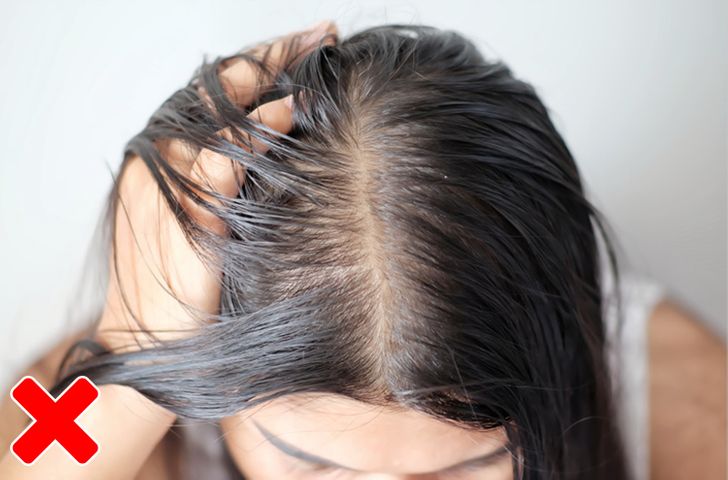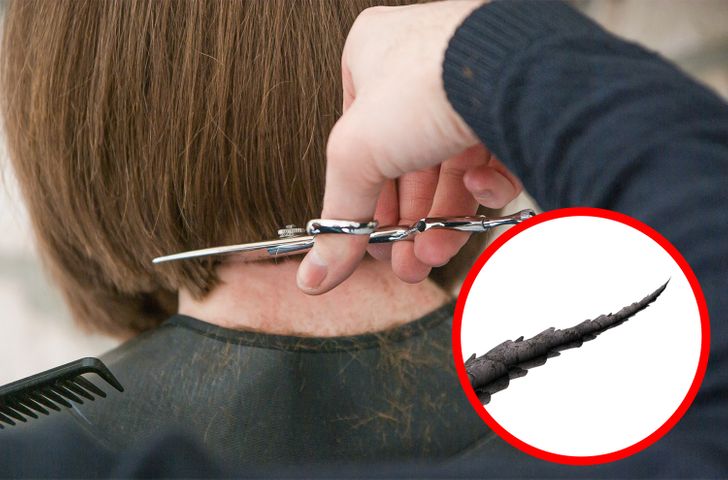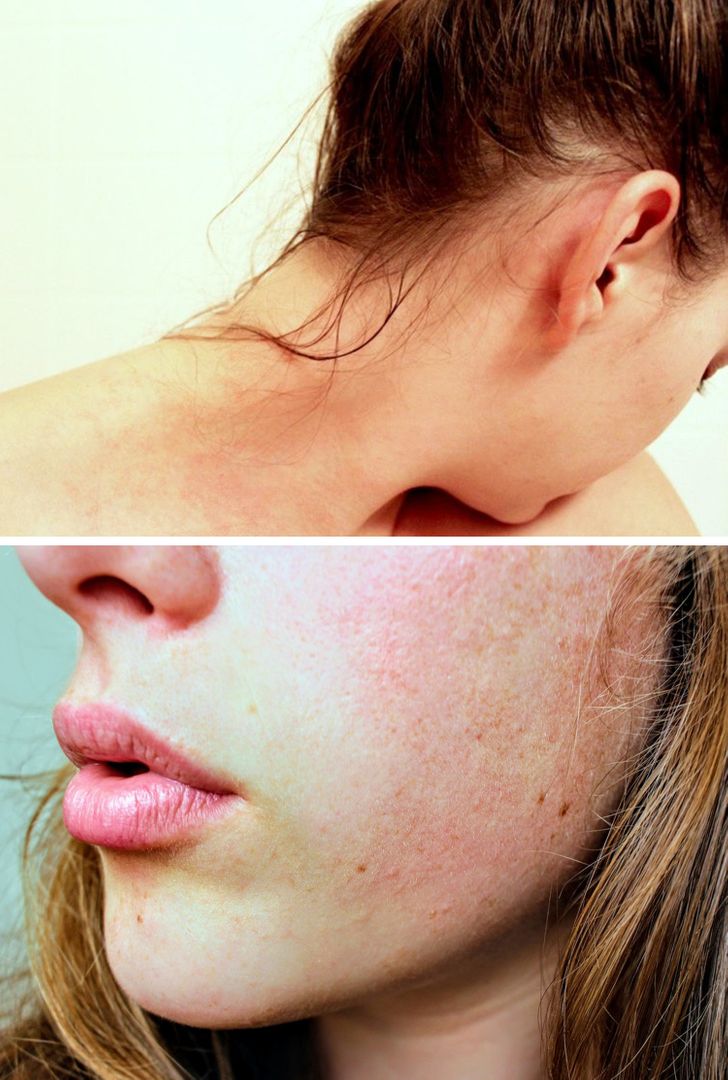Didn;t know about the rest, but headache and catching a cold are the two main reasons why I stopped doing that. And really never sleeping with wet hair EVER again :/
7 Reasons to Stop Sleeping With Wet Hair
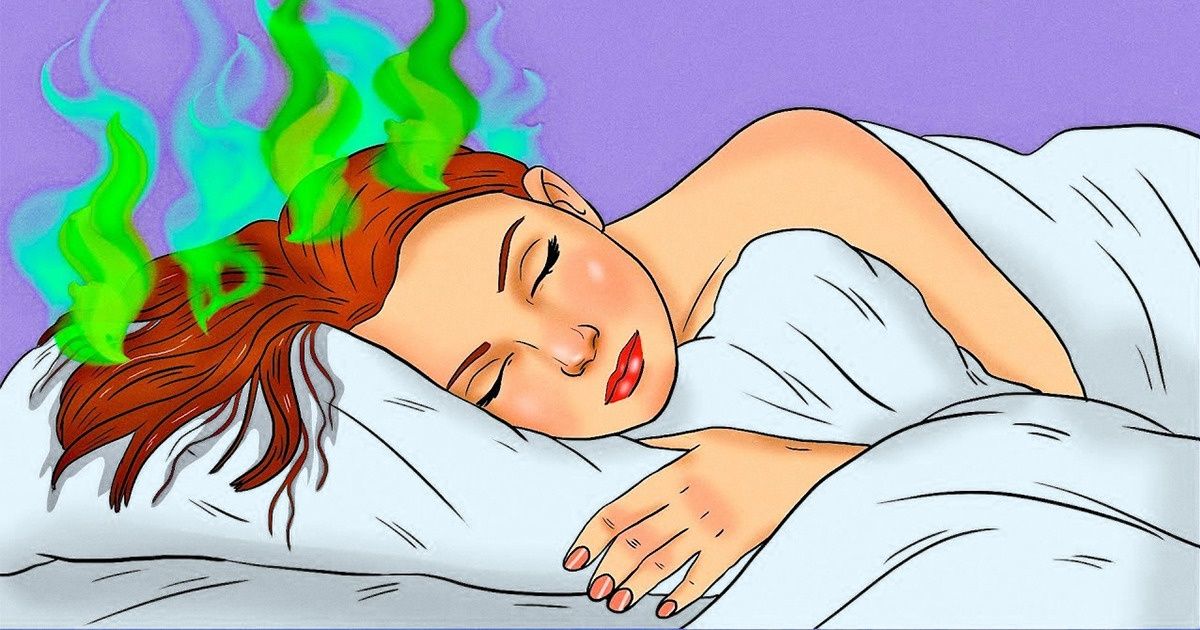
The habit of going to bed with wet hair has a number of side effects. If you’re a nighttime bather, some of these side effects might make you consider switching up your haircare routine and investing extra time in drying your hair before letting your head hit the pillow.
We at Bright Side came up with a number of ways that sleeping with wet hair affects your health and your looks.
1. It may cause scalp irritation.
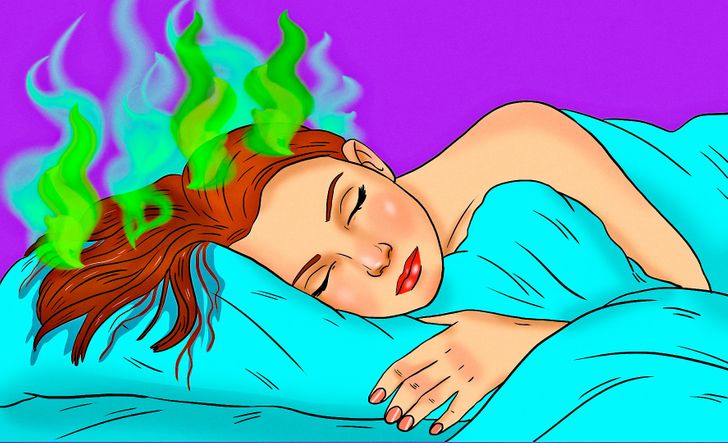
Ever experienced the disturbing feeling of an itchy and irritated scalp? Usually we blame our shampoo for that, but the reason for this uncomfortable feeling may be the habit of going to bed with wet hair. Diseases of the scalp, like dandruff, can occur when you sleep on a damp pillowcase. When we sleep with wet hair, a humid and warm environment can increase bacterial growth.
2. It makes hair knotty.
Wet hair is fragile. When you go to bed before drying your hair, it can get tangled during your sleep. In the morning, your hair will be unruly and hard to detangle and it can add extra stress to your morning routine.
3. It may give you a headache.
If you go to bed with a wet head, chances are you will wake up with a headache. Some haircare experts say that sleeping with wet hair lowers your body’s temperature and it causes a headache as your body tries to warm up. Other specialists believe that going to bed with your hair wrapped in a towel causes pain and can even interrupt your sleep.
4. Your hair becomes frizzy.
Going to bed with wet hair won’t lead to serious health problems, but it will affect how your hair looks. Damp hair creates stronger friction against the pillowcase, making your hair frizzy. Taking extra time to dry your hair before bed can save you the money that you’d spend on anti-frizz products.
5. It won’t let fine hair gain volume.
Thin hair is delicate and lacks volume. Sleeping with a wet head is especially damaging to this hair type. It can’t regain volume that easily, that’s why if you regularly go to bed with damp hair, it will make it appear even less voluminous.
6. It’s one of the main reasons for split ends.
How often does your hairdresser tell you that you need to trim your split ends? The habit of sleeping with wet hair is one of the reasons why you need to cut your hair so often. Since wet hair is vulnerable to breakage, tossing and turning in your sleep may cause split ends.
7. It causes skin irritation.
Sleeping with wet hair affects, not only your scalp, but also your skin. When you toss and turn in a dream, hair can get on your face. The combination of wet hair and the temperature in your bedroom, can provide the perfect conditions for the growth of skin-irritating bacteria.
Do you usually wash your hair in the morning or before you go to bed? Do you know of any more side effects of sleeping with wet hair?
Comments
I am an evening shower person, and the only time dryers or heated styling tools are used is twice a year, when my hair gets copper put back on it.(And even that isn’t the harshest way to do it, she also does not color 100% to my scalp) It’s been longer than 6 months because of the virus though. My hair really likes drying naturally, but I am not opposed to showering earlier so it’s dry before I sleep. I have a limited ingredient aloe spray that helps with frizz. Have also used a silk pillowcase for a while now. It’s possible sleeping with wet hair doesn’t help my eczema.
Thanks for the info. Definitely not doing this anymore
Well I guess I know now where my headaches come from ?
Had no idea doing this could cause so many problems
Related Reads
I Refused to Let My Boss Track My Every Move—I Don’t Need an “Ankle Monitor”

10+ Stories That Remind Us Why Small Acts of Kindness Echo Forever

16 Moments That Show Kindness Is the Quiet Courage the World Needs
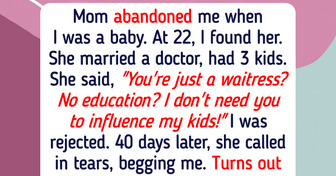
18 Times Kindness Quietly Saved Someone’s World
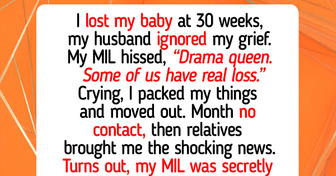
19 School Stories That Remind Us Why Those Years Were Unforgettable

15 People Who Turned an Ordinary Day Into a Movie Without a Script
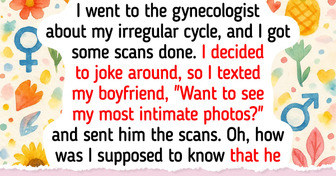
12 Life Stories That Prove Kindness Is a Safe Oasis Amidst Life’s Chaos
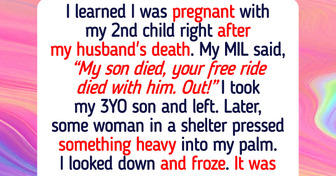
10 Dating Stories That Started Like Rom-Coms but Ended Like Horror Movies
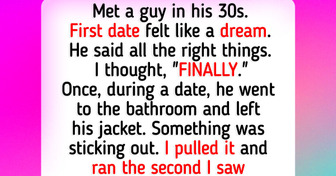
I Charged My MIL for Christmas Dinner, Even Though She’s Always Helped Us for Free

I Refused to Join a Work Call From My Honeymoon—I Froze the Entire Office
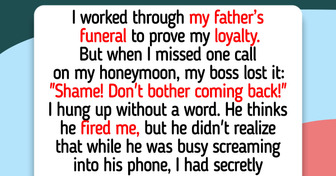
13 Teachers Who Didn’t Just Teach a Subject, They Rescued a Soul
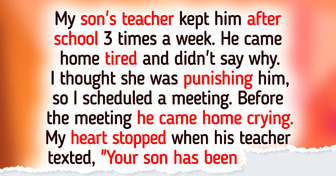
I Refused to Be the Office’s “Go-To” Holiday Backup Just Because I’m Single

